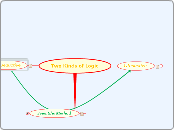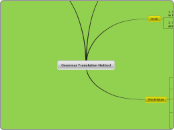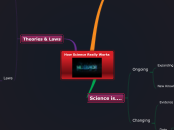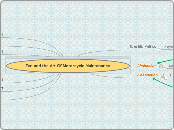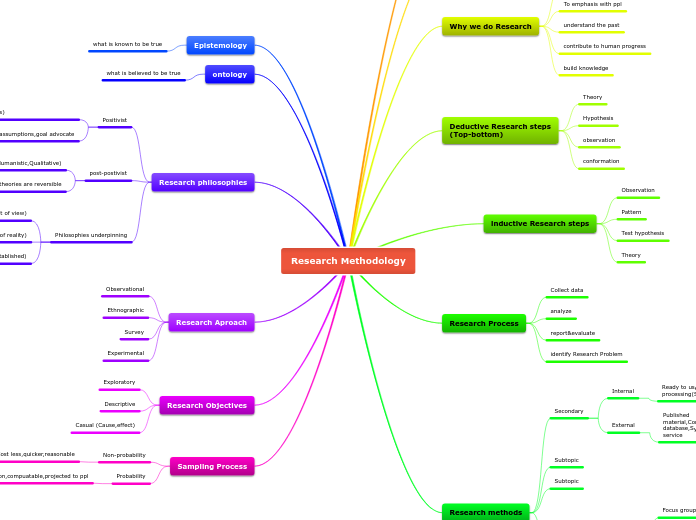Two Kinds of Logic
Scientific Method
Both inductive and deductive reasoning are used back and forth in problem solving; to solve complicated problems. The mingling of both types of logic is formalized as the scientific method. One must keep a notebook while solving problems to know where he/she is.
D. Conclusion
one should state conclusions based on results that are generated from the tests.
If there is no blue spark:
1) the hypothesis is supported.
2) the experiment is bad.
C. Experimentation
One should conduct an experiment to test the hypothesis directly. A bad experiement could lead to failure of the experiment because it does not test the hypothesis, and generates results that are not needed.
one should test directly at the spark plugs because it is the main point in the electrical system that causes the engine to fire, and start. If the spark plugs are not working hence the hypotheis is supported, if they are not then the hypothesis is not supported.
Procedures: "mechanic removes the plug and lays it against the engine so that the base around the plug is electrically grounded, kicks the starter lever and watches the spark plug gap for a blue spark."
B. Hypothesis
Generate many hypotheses and design an experiment to test the hypothesis (to see if it is true or false).
The cycle is not working because there might be trouble in the electrical system.
A. Problem Statement
One should state what he is sure of only.
"Solve problem statement"
Example
Why isn't the cycle working?
2. Deductive
Opposite of inductive reasoning. It starts with general knowledge and then predict a specific observation.
Mechanic knows that horn of cycle is powered by electricity from battery, then he can infer that if the battery dies the horn will no work.
1.Inductive
Inductive reasoning start with observations, and arive at general conclusions. It is reasoning from particular experiences to general truth.
Example
Every time cycle goes over a bump the engine misfires, therefore misfiring is caused by bumps.
